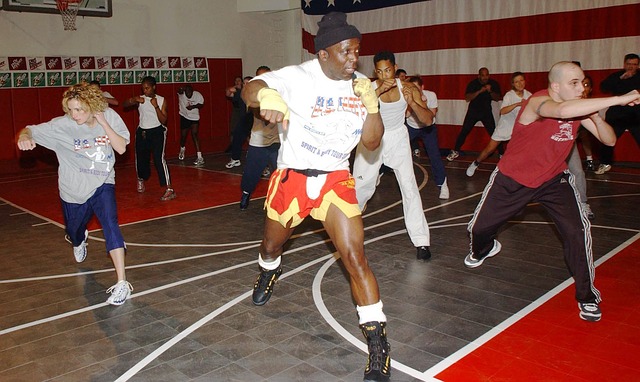Level 1 idioms – Unit 08

Conversation:
Diane: Hold still, Ellen. Now smile and say cheese.
Ellen: Don’t take my picture! Let me brush my hair and put on something nice first.
Diane: Okay. By the way, have you heard from your brother?
Ellen: Yes. He called me last night and said he was coming back to Canada for good. He’s tired of traveling.
Diane: Well, it’s about time he grew up and got a job. He’s been away for what – four years?
Ellen: About that long. He told me he came down with a bad case of homesickness when he saw a Canadian flag on someone’s backpack.
Diane: When does he get back?
Ellen: The day after tomorrow at 4:00. Do you want to come to the airport with me to pick him up?
Diane: Sure. But we should play it safe and get there well ahead of time.
Ellen: I’ve got a better idea. Let’s go in the morning and hang out. We can have lunch in the cafeteria and have a look around the new airport. We can keep an eye on the arrivals on the monitors, so we’ll know when his plane lands.
Vocabulary:
• say cheese: when you say the word cheese, it puts a smile on your face.
• by the way: not on the topic
• it’s about time: it has been long enough
• homesickness: a feeling of wanting to go back home
• backpack: a bag carried on the back
• monitors: TV sets
Idioms:
hold still don’t move
put on start to wear
hear from get a letter, phone call, e-mail, or text message from
for good forever
grow up stop acting childish / become an adult
come down with become sick with
get back arrive back home
play it safe be cautious, be careful
hang out stay in one place doing nothing
keep an eye on watch and (sometimes) protect
Notes:
Put on has an opposite, take off, meaning “remove (clothing).”
Example: Many people take off their shoes when they enter someone’s home.
Grow up has two meanings. The second meaning is “become an adult.”
Example: Where did you grow up?
Your Score:
Your Ranking:
Your Score:
Your Ranking:
Your Score:
Your Ranking:
© 2004 Ambien Malecot






